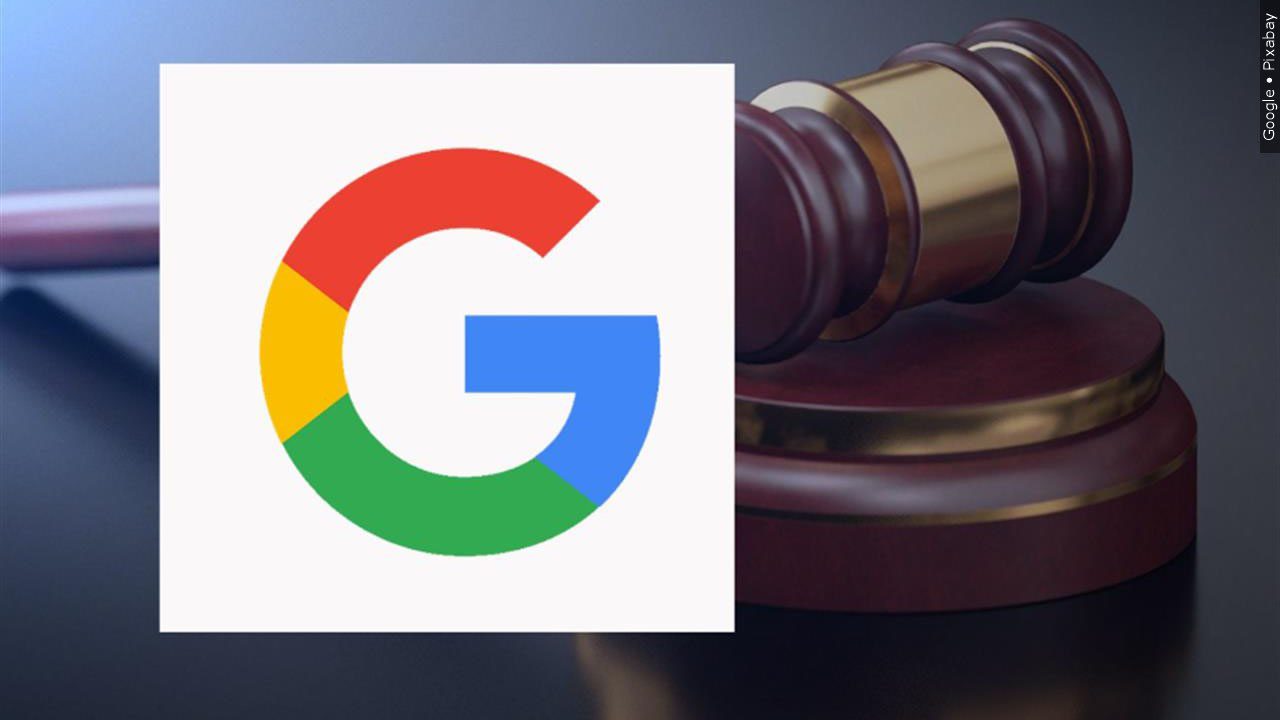Minnesota 1 of 40 states to settle Google location-tracking charges

(Google / Pixabay)
Google has agreed to a $391.5 million settlement with 40 states, including Minnesota to resolve an investigation into how the company tracked users’ locations. The states of Wisconsin, Michigan, and North Dakota were also included in the settlement.
Minnesota Attorney General Keith Ellison announced the news Monday saying this is the largest multistate privacy settlement that attorneys general have ever reached. According to the Attorney General’s Office, Minnesota will receive $8,251,975.29 from the settlement.
“Big Tech companies need to be clear with us about when they’re collecting our location data and what they’re using for. They shouldn’t be able to collect it when we’ve told them not to. But this is what Google did,” Attorney General Ellison said in a press release. “Consumers should be able to control whether their online information — including their exact locations — are tracked and monetized. Minnesota joined a bipartisan coalition of 40 states to investigate Google when it became clear they lied to consumers about whether they were tracking consumers’ locations. That was wrong and we couldn’t let it continue, so we took action that resulted in this historic settlement.”
According to the release, location data is a key part of Google’s digital advertising business. Google uses the personal and behavioral data it collects to build detailed user profiles and target ads on behalf of its advertising customers. Location data is among the most sensitive and valuable personal information Google collects. Even a limited amount of location data can expose a person’s identity and routines and can be used to infer personal details.
The attorneys general opened the Google investigation following a 2018 Associated Press article that revealed Google “records your movements even when you explicitly tell it not to.”
According to the Minnesota Attorney General’s Office, the settlement requires Google to be more transparent with consumers about its practices. Google must:
- Show additional information to users whenever they turn a location-related account setting “on” or “off”;
- Make key information about location tracking unavoidable for users (i.e., not hidden); and
- Give users detailed information about the types of location data Google collects and how it’s used at an enhanced “Location Technologies” webpage.
The settlement also limits Google’s use and storage of certain types of location information and requires Google account controls to be more user-friendly.